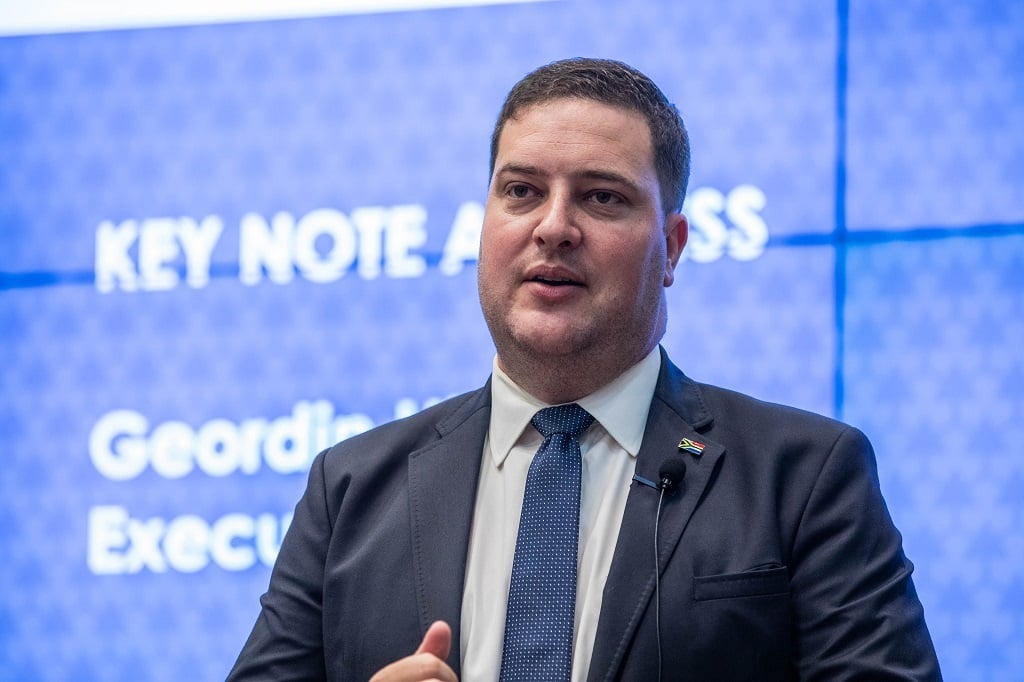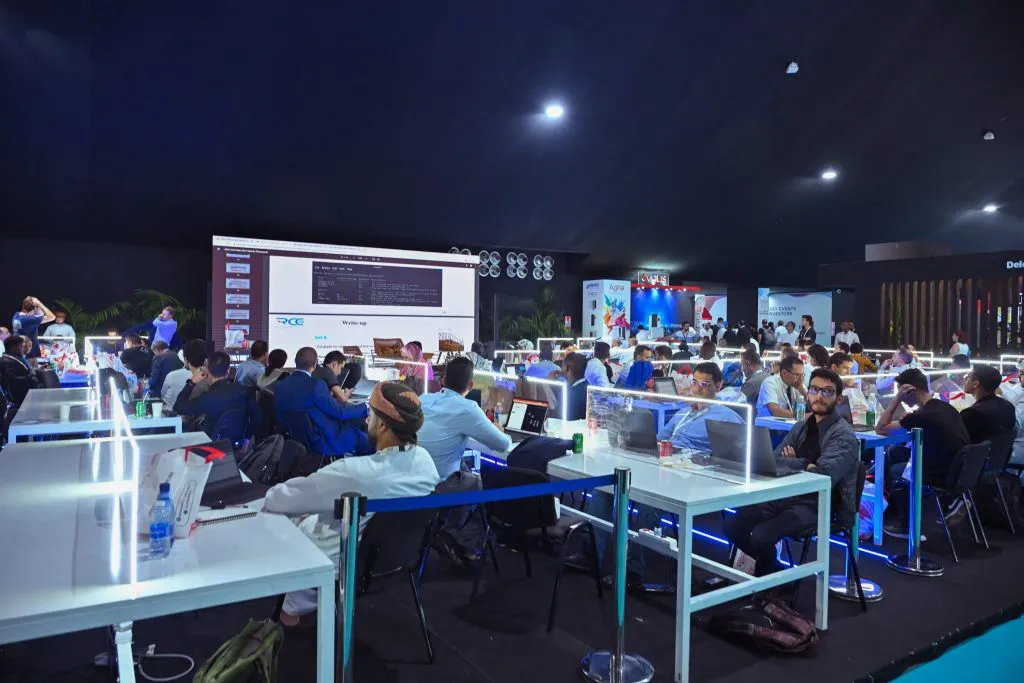
- Cape Town residents looking to sell back power to the City can now register to do so – until 8 March.
- The programme previously applied to businesses but now extends to residential households.
- The City is also looking to roll out a cheaper meter that will allow customers to feed power back to the municipal grid.
- For climate change news and analysis, go to News24 Climate Future.
Cape Town residents looking to sell back power to the City can now register to do so – until 8 March, Mayor Geordin Hill-Lewis has said.
Residents who have rooftop solar, and generate more power than they use, can feed that excess electricity back to the municipality’s grid and be compensated by first having their municipal bill credited. Once the utility bill is credited to zero, the city will also start paying out cash to residents.
The arrangement previously only applied to businesses.
But on Monday, the mayor, who was speaking at the official launch of the municipality’s energy strategy, said that residential households that want to participate in the city’s Cash for Power Programme can now register.
“I want to specifically today, invite all residential customers in the city, to take advantage of our feed-in tariff by signing up,” he said. “These customers can offset their entire municipal account, and if they still rack up a credit, they can get that back in cash,” he added.
The feed-in tariff is 87c/kWh and is approved by the National Energy Regulator of South Africa. Over and above that, the city offers customers an incentive of 25c/kWh.
In order to benefit from the feed-in tariff, you need to have rooftop solar power system approved by the city, and also have the appropriate bi-directional meter that will feed power back to the grid.
Although the first round of registrations closes on 8 March, there will be other rounds later in the year, Hill-Lewis said.
READ | Cape Town eyes cheaper feed-in meters to cut cost of selling power back to the grid
Last year, the city also looked into testing cheaper bi-directional meters, which are needed to feed back power to the grid. Hill-Lewis previously said these specialised meters are costly for residents, at about R12 000.
But the city has found a model that is more affordable. “We are happy with the technical performance of the meter… we are finalising how it integrates with our system, then it will be available to Capetonians to buy,” said Hill-Lewis.
Kadri Nassiep, executive director for energy of the city, told News24 that the new model, which is a single-phase meter as opposed to the costlier three-phase meter, should be half the price.
The city has procured the meter and is expecting stock to be delivered soon. Its use is primarily for residences, but can be used by businesses depending on the size of their solar PV installation, Nassiep said.
Online applications
For residents who want to install rooftop solar PV, the city is also now migrating its application process online. This is expected to shorten the timeframe for the approval significantly.
“We also last year pledged to dramatically simplify the applications process for SSEG (small-scale embedded generation) approval… we understand this is a huge source of frustration for Capetonians who want to make an investment [in rooftop solar],” Hill-Lewis said.
The city is now in the testing phase of its online application portal.
The application process takes as long as six months, Nassiep said, but the shift to online could make it “almost immediate” if customers have systems consisting of pre-approved designs and equipment like batteries, inverters and solar panels and if a customer’s tax status is verified and if the account is in good standing.
The city is also making progress with its power procurement programmes – which are part of efforts to beat load shedding and ultimately reduce dependence on Eskom.
One of these is a tender for 500MW of dispatchable energy. The city aims to award the 10-year contracts over the next year.
“We’re also about to start awarding contracts for 200MW of embedded independent power,” Hill-Lewis said. The tender for this programme closed in August 2023.
A feasibility study is currently being conducted for a 60MW solar-PV farm with battery storage near Somerset West. The R1.2-billion plant would shield the municipality from one stage of load shedding.
The city’s council also approved a demand management programme last month. The Power Heroes programme, as it is known, aims to reduce energy demand by 60MW by getting households to cut their energy use voluntarily. This is possible by the use of a smart device that will allow geysers, pool pumps and non-essential appliances to be turned off remotely.
The programme will allow protection from one stage of load shedding. As many as 35 000 households need to sign up for this.
The Steenbras Hydro power plant would also offer load shedding protection between one to two stages.
Ultimately, the city plans to cut load shedding by four stages by the year 2026.
READ | New R1.2bn solar project will shield Cape Town from one stage of load shedding
This past weekend, the country was hit with Stage 6 load shedding following multiple breakdowns the week before.
Eskom has since downgraded load shedding to Stage 5. From Tuesday, Stage 3 load shedding will be implemented during the day, with Stage 4 load shedding occurring at night.
Noting the persistent load shedding, Hill-Lewis said that there is “no time to waste” because the energy crisis is “strangling” the economy.
“I really shudder to think how near-impossible it is to run any kind of electricity-intensive, machinery-intensive, manufacturing-intensive business in South Africa today with Stage 6 load shedding,” he said.
It is apparent that plans to end load shedding at a national level have taken longer than “envisaged or promised”, Hill-Lewis said. This means that the municipality has had to step out of its traditional mandate and procure its own power.
The city’s short-term plan is to end load shedding and in the long term wants to be able to supply all customers in Cape Town, essentially reducing reliance on Eskom.






Recent Comments